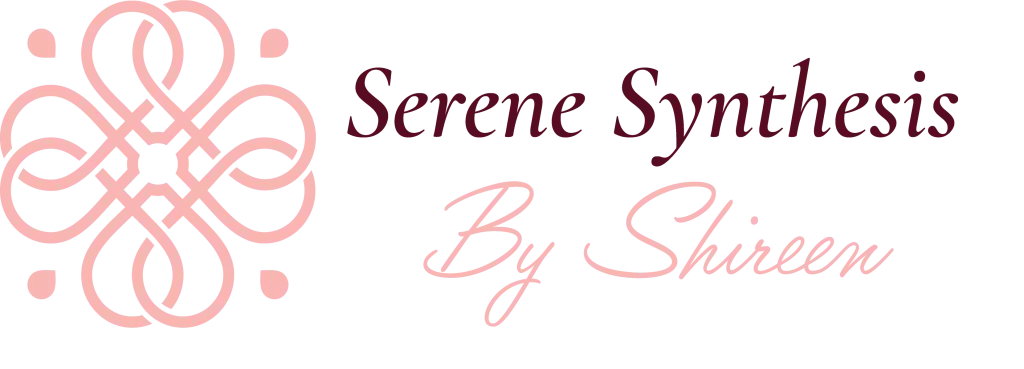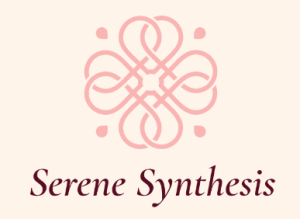In most careers, the first promotions are often won by proving you can do the work. The later ones are won by proving you can navigate people.
Many talented professionals stall here. They have the competence. They meet every deadline. They know their craft. Yet they aren’t the ones colleagues recommend for high-stakes projects or leaders trust with delicate conversations.
The difference often comes down to one skill: self-awareness — knowing how your emotions, behaviors, and energy affect both you and the people you work with.
The Cost of Low Self-Awareness
Low self-awareness rarely looks dramatic. It shows up in small, repeated moments:
- Responding defensively when someone challenges your idea.
- Missing subtle cues that your tone or timing is off.
- Overlooking how your body language shifts under stress.
- Using the same communication style with everyone — and losing impact with some.
These moments add up. Over time, colleagues may perceive you as competent but difficult to collaborate with. Trust erodes quietly. You’re invited to fewer pivotal discussions. Your career feels steady — but static.
I’ve seen this with technically brilliant professionals: their work is respected, but their presence doesn’t inspire confidence. And in the modern workplace, competence without connection is a slow limiter.
Why Self-Awareness Creates Career Magnetism
From a neuroscience perspective, self-awareness activates brain regions linked to empathy, adaptability, and emotional regulation. This is why self-aware leaders can read the dynamics of a meeting, adjust their approach, and still remain authentic.
In high-pressure, multicultural environments like the UAE and Asia, this adaptability is gold.
Self-aware professionals:
- Read the room and shift their delivery in real time.
- Defuse conflict without damaging relationships.
- Communicate value without over-explaining or defensiveness.
- Project energy that makes others want to work with them.
This creates what I call the “career magnet” effect — people seek you out not just for what you can do, but for the experience of working with you.
How to Build Self-Awareness — Beyond Intuition
Self-awareness isn’t just “knowing yourself.” It’s an ongoing, structured practice. The most effective leaders combine reflection, feedback, and measurable insight.
Here are a few evidence-based approaches:
- Daily Reflection Journals
Spend five minutes capturing moments when you felt energised, challenged, or reactive. Over time, patterns reveal emotional triggers and strengths. - 360-Degree Feedback
Structured feedback from managers, peers, and direct reports can uncover blind spots that casual conversations never will. - The Energy Leadership® Index Assessment – iPEC
Measures how you “show up” energetically, especially under stress, and the filters through which you view challenges and opportunities. Helps create a personalized roadmap for shifting into more effective mindsets.
- Emotional Intelligence (EQ) Assessments
Tools like the EQ-i 2.0 can highlight strengths and gaps in emotional awareness, stress tolerance, and relationship management. - Mindfulness-Based Leadership Training
Programs rooted in neuroscience can increase emotional regulation and presence in high-pressure situations.
By combining these tools, you move beyond vague self-reflection and into targeted, measurable growth.
From Competence to Presence
Technical skill is the foundation of a career.Self-awareness is the amplifier.
It’s what turns reliable delivery into trust.Trust into influence.And influence into opportunity.
If you’re ready to see how you currently show up — and how to elevate your presence — explore our Career Coaching services or book The Energy Leadership® Index Assessment today.
Your next career leap may not depend on what you learn to do. It may depend on what you learn about yourself.


